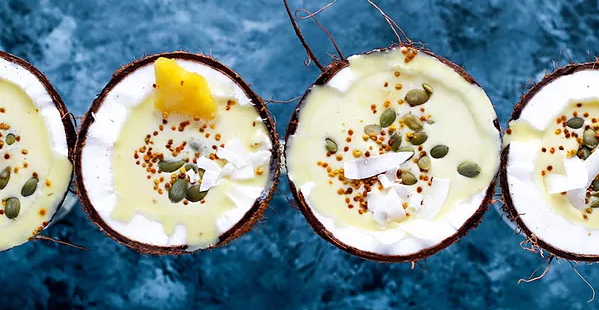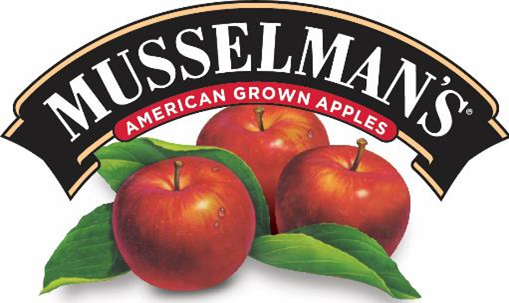
-written by Emily Pierce RD, LDN at OnPoint Nutrition
Coconut oil stormed onto the scene as a cure all, go-to, kitchen miracle. It quickly gained a fan base touting its numerous health and weight loss benefits. These claims got a lot of nutrition professionals scratching their heads, as coconut is one of the only plant based saturated fats in our food system. Before you add another dollop of coconut oil to your coffee, keep reading for the facts on coconuts!
Myth Busters
Saturated fats are often referred to as “bad fats” which leads one to question coconuts. As a conscious consumer, we must remember to look at the whole picture and not isolate one trait. Coconut oil contains medium chain fatty-acids which make up the beloved medium chain triglycerides. MCT’s are touted as promoting athletic performance, among other benefits. The length of molecule chains in fats do cause them to behave differently in our bodies and they are all processed slightly differently. Since MCT’s are processed in a less efficient manner, they are believed to be more energy expending. This is not enough energy expenditure to induce weight loss. Research does not support coconut oil as a weight loss tool, a cure for diabetes, Alzheimer’s, or any other chronic condition.
More than Meets the Eye

Coconut is available in many more forms than just oil. It can also be enjoyed in the form of flakes, a common ingredient in granola, smoothies, cereals. Coconut milk is a handy non-dairy alternative for those with both dairy and nut intolerances and allergies. You may have even had coconut milk long before the craze if you’ve enjoyed Thai curries. Coconut water has also emerged as a trend in recent years. Low in calories and sugar, coconut water contains electrolytes! This is a must-have after a grueling workout, and a fantastic swap for sugary sports drinks.
The Verdict?
Skip the oil and opt for one of coconut’s other personas. Incorporate this versatile fruit as part of a well-balanced diet. As always, fill us in on your favorite form of coconut!
Vegan Coconut Curry

Curries are a delicious, rich, creamy meal that is comforting like soup but satisfying as it contains all your food groups. Using low fat coconut milk and tons of veggies make this a homerun recipe! Rice helps absorb the delicious curry broth. Serve with whatever protein suits you best.
Yield= 4 servings, 1 serving = 1 vegetable, 2 fats, 1 starch
Ingredients:
-
2 cups rice, cooked
-
1 Tbsp canola oil
-
1 white onion, diced
-
4 cloves garlic, minced
-
1 Tbsp fresh ginger
-
1 Tbsp curry powder
-
1 tsp garam masala
-
2 cans of light unsweetened coconut milk (check out our Instagram for ideas!)
-
1 cup vegetable broth or stock
-
Salt and pepper to taste
-
Dash of cayenne or red pepper flake
-
1/2 cup broccoli
-
1/2 cup bell pepper, cut into slices or squares
-
1/2 cup diced carrots
-
1/2 cup snow peas
Instructions:
-
Prepare a batch of rice or grains as instructed on package, set aside. (You can add coconut flakes if desired! 1 tbsp = 1 fat)
-
Heat canola in a large stock pot over medium high heat
-
Add all vegetables (except snow peas) and spices, stir, let soften over medium heat
-
After 5 minutes add broth or stock, coconut milk, and a pinch of salt and pepper
-
Bring to a low simmer, cover, and let cook for 15 minutes
-
Add snow peas, stir
-
Remove from heat, uncover and let sit for 2 minutes
-
Stir, garnish with cilantro and red pepper flakes as desired, and serve with a 1/2 cup of rice!
This post is brought to you by our partners at On Point Nutrition– the experts in Philadelphia on weight loss and nutrition counseling







